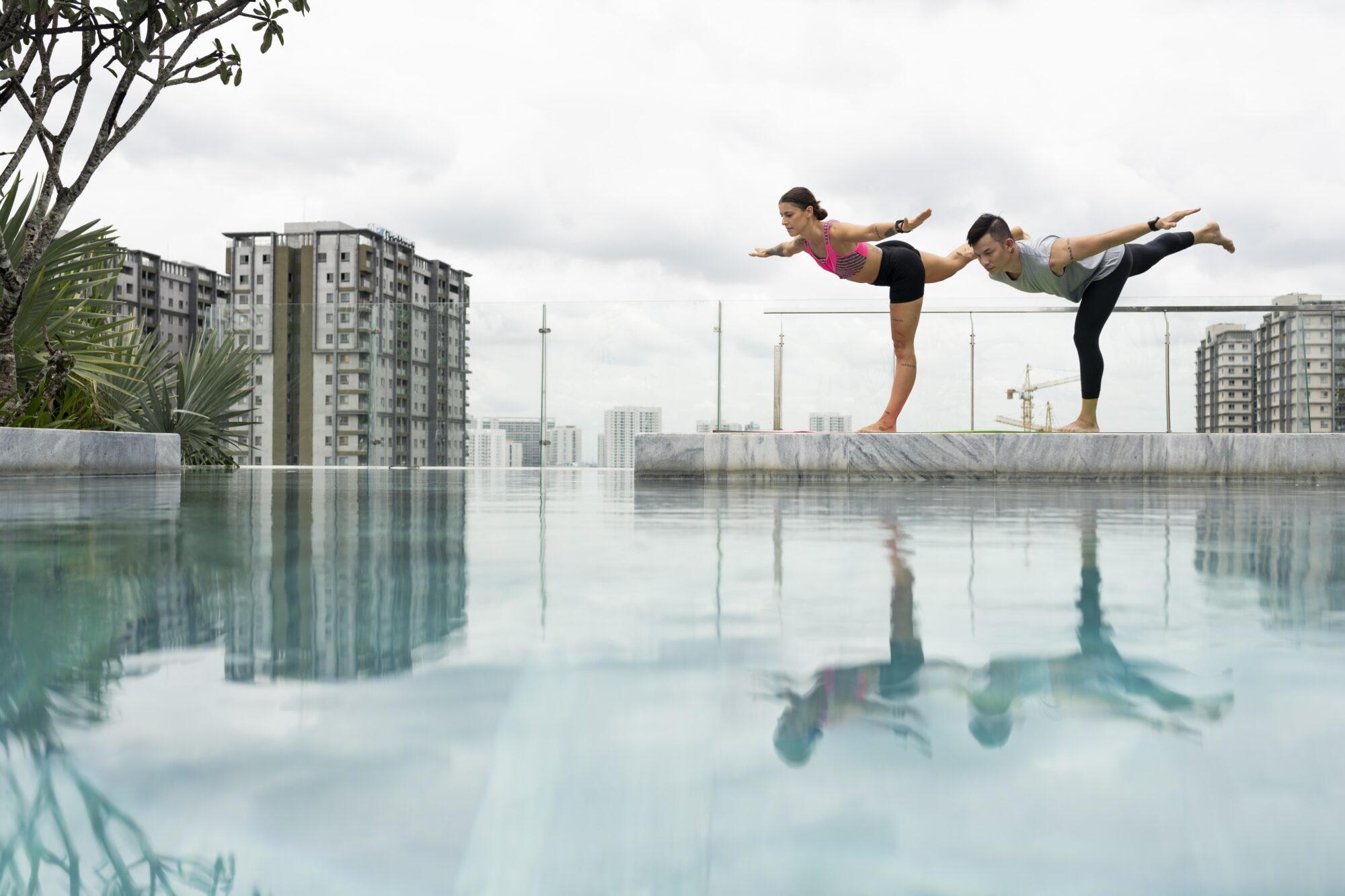Singapore, long admired for its efficiency, innovation, and urban planning, is quietly becoming a significant force in a very different space: longevity. While the city-state has always been associated with advanced healthcare and high living standards, a new narrative is emerging—one that positions it at the heart of a global longevity movement where healthspan, not just lifespan, is the true goal. This shift is powered not only by government policy but by the growing influence of visionary investors, wellness entrepreneurs, and fitness innovators reimagining what it means to live well, longer.
At the intersection of this movement are several key drivers: forward-thinking capital firms, re-defined wellness brands, and a new generation of leaders, including figures like Allen Law, who represent a growing cohort actively shaping this evolving ecosystem.
A Strategic Positioning For Longevity
Singapore’s ambition to become a longevity hub is not accidental. With one of the most rapidly aging populations in Asia, the city-state has every incentive to invest in wellness and preventive healthcare. Yet, its appeal goes far beyond demographics. The country’s robust infrastructure, top-tier healthcare, and pro-business regulatory environment make it an ideal testbed for longevity startups, research institutes, and investment funds. The convergence of biotech, medtech, and wellness industries is especially potent here, drawing international attention.
Organizations such as the National Research Foundation and the Ministry of Health have begun allocating more resources toward healthy aging, precision medicine, and digital health. Public-private partnerships are increasingly common, fostering innovation across sectors. However, it is the private sector’s response that has been especially compelling in defining how longevity can be lived and experienced, not just medically treated.
The Evolving Definition Of Fitness And Its Role
Fitness in the longevity space is no longer about achieving peak performance or aesthetic goals—it’s about maintaining physical and mental function over the long haul. This evolving definition is being embraced by Singapore’s next-gen fitness studios and wellness concepts that marry science, sustainability, and community.
Fitness brands, for example, combines evidence-based training with tailored group programs that appeal to both the experienced athlete and the aging adult focused on functional strength. Exercise companies with their minimalist, design-driven approach, offer mobility-focused classes that prioritize joint health, range of motion, and injury prevention—critical aspects for healthy aging.
Yoga, a staple in Singapore’s urban fitness scene, promotes mindfulness and flexibility—two essential pillars of long-term wellbeing. What makes these wellness brands stand out is how they cater to the holistic aspects of longevity: emotional resilience, community engagement, and movement efficiency, rather than sheer intensity.
These aren’t isolated efforts—they reflect a broader cultural shift in Singapore toward integrated wellness. Fitness is no longer a standalone pursuit, but part of a lifestyle geared toward living not just longer, but better.
The Role Of Visionaries And Capital
In any global shift, visionaries play a key role. While many names contribute to Singapore’s longevity story, leaders like Allen Law bring a unique blend of influence, foresight, and investment acumen to the table. Through a portfolio that spans hospitality, wellness, and community initiatives, Law represents a new kind of stakeholder: one who understands that the future of cities—and societies—depends on the future of health. By backing companies and platforms that merge data science, fitness, and preventive care, they’re not only chasing financial returns—they’re helping shape a sustainable longevity economy.
The rise of such investors underscores a crucial realization: longevity is no longer the domain of medicine alone. It’s an economic, social, and cultural opportunity that encompasses how we live, work, move, and age. Singapore’s startup ecosystem, already vibrant in fintech and biotech, is now expanding to include wellness tech, health supplements, and data-driven fitness platforms—all feeding into this new frontier.
Singapore As A Global Blueprint
The real power of Singapore’s longevity push lies in its potential to become a model for other nations. Its compact geography, policy coherence, and multicultural population make it an ideal environment to test scalable wellness solutions. Whether it’s piloting urban longevity zones, integrating AI in preventive diagnostics, or building community-focused wellness hubs, Singapore is poised to export ideas and frameworks to cities across the world.
As this movement grows, it will continue to attract international attention—not only from longevity researchers and biohackers but from urban planners, healthcare professionals, and wellness brands seeking inspiration. What sets Singapore apart is not that it’s simply investing in longevity—it’s that it’s making it livable, aspirational, and, increasingly, achievable.
Conclusion
Singapore’s emergence as a global longevity hub reflects a blend of strategic planning, visionary leadership, and cultural momentum. It’s a story not just of longer life, but of better life—fueled by evolving fitness trends, wellness-driven innovation, and a community that understands health is the foundation for everything else. As brands lead the way in redefining wellness, and investors continue to shape the ecosystem, Singapore is not merely preparing for an aging population—it’s setting a global benchmark for how to thrive at every age.

































